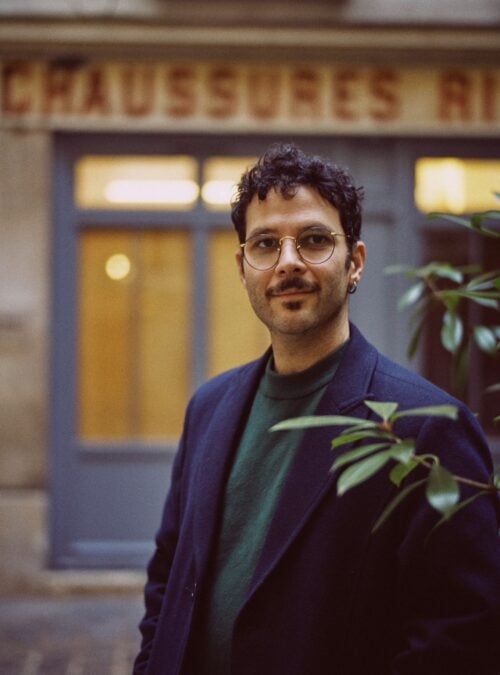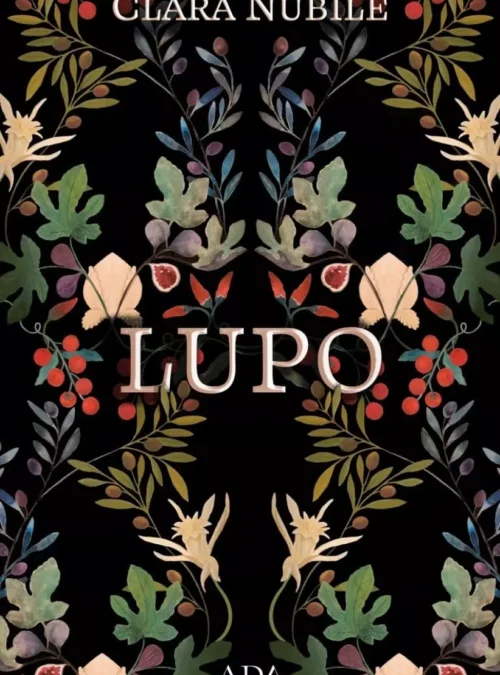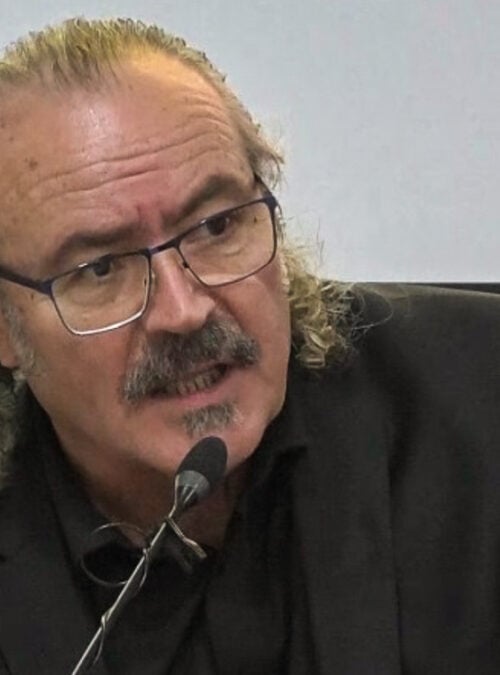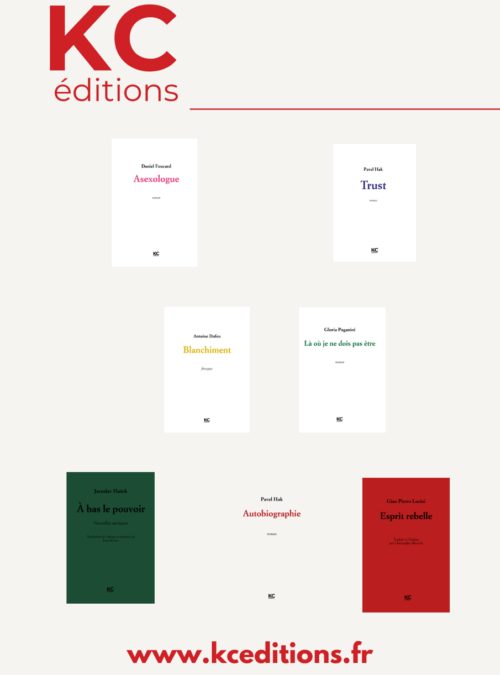Interview with Alice Flemrová, translator and editor – Edizioni Meridione, Prague
Author: Marialuisa Pappalardo, Director of the Italian Cultural Institute in Prague

When you say her name, the immediate connection is with Italy. She has won several awards for her essays and translations, which number more than a hundred. The Czech version of Paolo Sorrentino’s Hanno tutti ragione won the Jungmann Prize, the highest distinction a translator can aspire to in her country. In addition to being recognised as one of the most important Italianists in the Czech Republic, Alice Flemrová taught for several years at the Faculty of Italian Studies in Prague, where she trained an entire generation of translators and scholars.
When did the idea of founding Meridione first come about and what prompted you to embark on this publishing adventure?
There was a long period of gestation between the birth of the idea and the birth of the publishing house. In the end, it was the changes in the publishing and academic worlds that prompted me to do what many people considered “madness”. My work at the university was becoming less and less free and increasingly subject to a series of senseless rules and directives. As a philologist, I followed the devaluation of the translator’s work closely and with growing concern. The work of the cultural mediator was not appreciated in any way, as if an Italianist (or an Anglian, Hispanist, etc.) should not maintain a dialogue with the national public. On the other hand, I was bothered by the unprofessional work of some members of the publishing world: non-existent or superficial editing, hideous covers and sloppy layout…
How would you define your editorial line? What series have you launched and what are their characteristics?
For now, we have launched five series: “Classici moderni” (Modern Classics), which will remain the only purely Italian series, with which we intend to pay our debt to the great authors of the 19th and 20th centuries who are unknown or forgotten in the Czech Republic. Then there is “Contemporary Prose”, in which we will publish writers from other southern European countries as well as Italy. This year, for example, we have a Slovenian and a Portuguese novel in the pipeline. The third series is “Memoirs”, dedicated to autobiographies and collective memory. We also have a series for younger readers, “Children and Young Adults”, where we want to promote Czech illustrators. The fifth is called “Relax”, and for now offers crime fiction titles. There is also a sixth series, “Travel and Places”, but this is only in the planning stage at this stage. The idea behind our publishing project has always been to appeal to as wide an audience as possible, regardless of gender, age, taste or reading experience.
The publishing industry is in crisis, people are reading less and less, and this is true even in the Czech Republic, a country that can certainly boast a much higher percentage of avid readers than Italy. In this context, isn’t it a little reckless to found a new independent publishing house aimed primarily at a niche sector such as Italian literature? And why is it called Meridione?
The crisis in the publishing industry has been talked about for at least fifteen years, and authors were already complaining about readers who didn’t read at the end of the 19th century. That’s not what scares me. The advantage of a small publishing house is that it doesn’t need millions of readers to survive, just a few good ones, in the sense of regular and loyal readers. Obviously, if you think only in terms of economic profit, starting a new publishing house may seem crazy. We are called Meridione because we want to become the point of reference for all those blind readers who want to learn more about the South in the broadest sense of the term. Our publishing house aims to spread culture, information, emotions, beauty, in short, everything that literature has to offer. It is no coincidence that our motto is: “We are your window on the South”. Unlike the big publishing houses, which in my opinion churn out an excessive number of books, we want to offer readers only titles whose quality we can personally “guarantee”. Our niche specialisation can become our strength. At this stage, it is certainly too early to take stock, and there is no guarantee that we will succeed, but for me, not trying would have been the worst failure.
What are the advantages and disadvantages of knowing the publishing business from such a specific point of view? What are your strengths and the aspects of the job that you have found most challenging?
During my long career as a translator, I have learned a lot about publishing. I have done literary scouting, editorial consulting, I have prepared grant applications, I have written back covers and author profiles, edited, proofread, and organised meetings with authors, readings and debates. The real challenge is navigating the complex administrative and bureaucratic system. Even though we have an accountant, we’ve had to learn a lot about administration and marketing on our own, often on the fly.
Translators often complain about publishers’ lack of courage: many of their most interesting proposals are rejected because they are considered unsellable. How has your view of books changed since you also took on the role of publishers?
Mine hasn’t changed, quite the contrary: in the end, we founded Meridione mainly to be able to publish the books we want and how we want them. Obviously, we can’t only publish books that have low sales potential from the outset, but sometimes you have to take risks and try to “educate” your readers, raise their expectations, surprise them and not pander to what might be ordinary tastes.
Two other translators from Italian, Sára Rodová and Monika Štefková, founded Meridione with you. One of your partners is your daughter, the other did her PhD with you. Is Meridione run democratically, or do you assert your authority when decisions have to be made? How do you choose which books to publish?
Let’s say that democracy prevails, even if I sometimes have to assert my authority, based on my longer experience. Our opinions and tastes don’t always agree, but so far we’ve always managed to reach a consensus. I had been thinking about publishing some books for a long time, especially modern classics. But we always choose based on what we read, and we often consult with other translators we work with. The book has to speak to us, it has to enlighten us; we’re not interested in the fads or publishing trends of the moment.
How important are contributions to translation for an activity such as yours?
Unfortunately, there are publishers who ask for incentives even for very mainstream books, whereas contributions are important precisely in order to be able to offer more demanding readers books that are more challenging and therefore do not sell in large numbers. It should never be forgotten that those who translate such books deserve higher remuneration, even if they are not usually lucrative titles. The translation of so-called “belles lettres”, i.e. works of high literary value, is an important opportunity for dialogue between cultures and eras. But it is also a tool for creating a common cultural heritage shared by different nations, which cannot be evaluated solely in terms of marketability.










